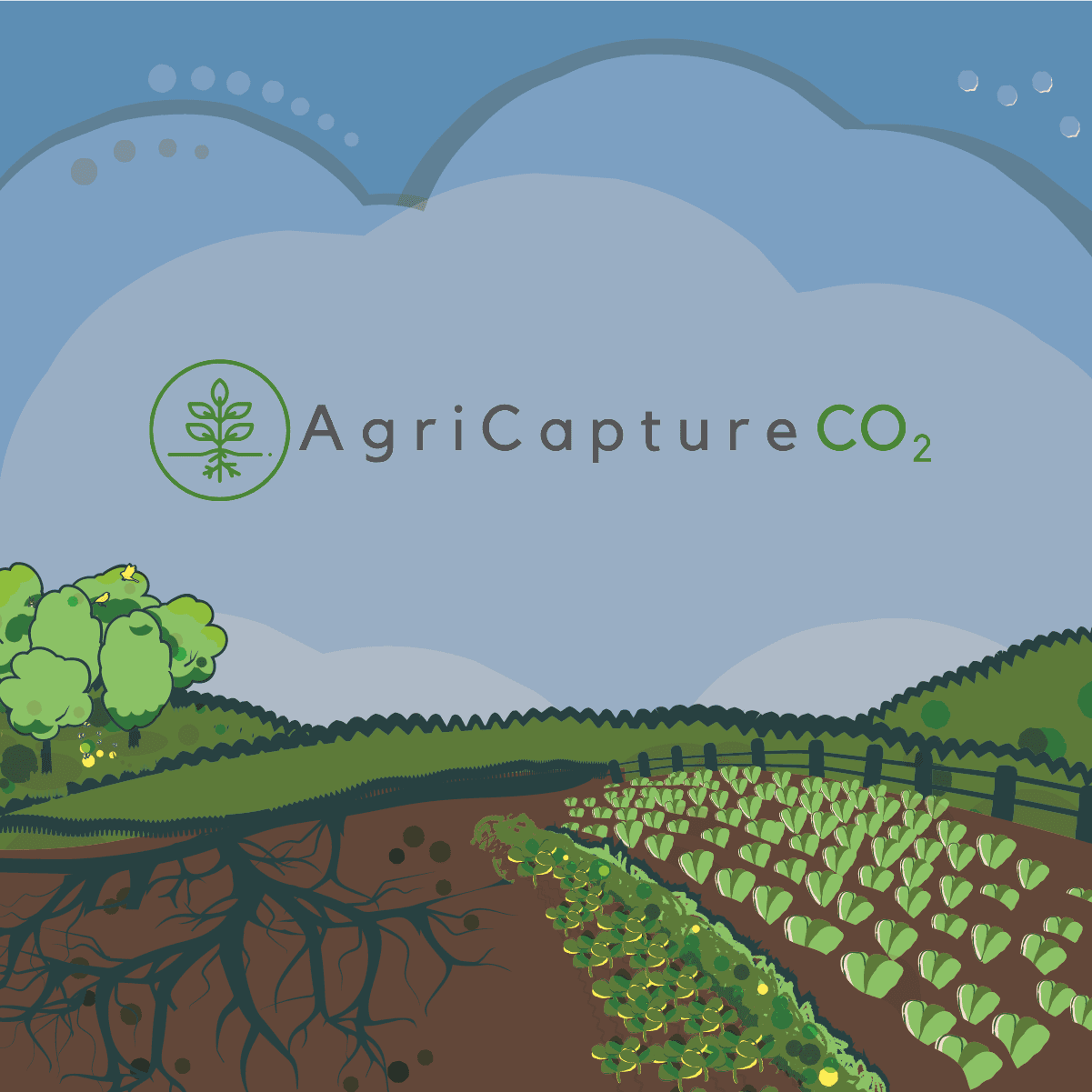Jobe is eight weeks into his new role and is already making a difference to our little piece of England here at the GWCT Allerton Project. He talks to us first about why he was thrilled to join us and what we can expect to hear all about in the coming months.
I first heard of the job opportunity a few days before I got married. Naturally I didn’t give it much thought though, I had bigger things to worry about! Ten days later I returned from my honeymoon and by chance, saw the job advertisement.
“Conservation Officer” sounded quite official so I inquisitively had a read, and quickly decided this could be a fantastic job for me. The next day I rang the Allerton farm manager, Oliver Carrick, who I had previously worked with at farm contractor and estate management company Velcourt, in Stamford Lincolnshire. I updated the CV up and got my application in with only hours to spare. A week later following an interview process I was offered the job, accepted and started my exciting new career on the 8th January.
I grew up on a mixed family farm in North Northants, roughly 30 minutes away from Loddington, studying agriculture before entering the world of work. I began by splitting my time between the family farm and Velcourt. Working at Velcourt really opened my eyes to large scale arable production, and made farming at home look like a hobby in comparison!
Farming at home was a traditional carry on; we had a 25 cow suckler herd and 200 acres of arable land so not much to do in the winter other than thinning woodland for logs to keep the farmhouse warm or lay hedges. My father loved laying hedges, he’d do it all day every day if he could. It appeared damned hard work to me as a young lad, and the tractor cab with a flail appealed a lot more!
Little did I know that my years of helping the ‘old man’ would inevitably establish my interest in conservation and sustainable farming. Looking back, I now understand why we managed our woodlands and hedges the way we did, and by joining the GWCT I hope that I develop my passion and educate others to understand the huge benefits correct management can have to benefit the environment, land and water.
And water is so important to me too. Fly fishing has always been my favourite past-time and aged 20, it became my career. A chance conversation at Eyebrook trout fishery with the manager, Mr Andy Miller, got me a job as a Fishery Warden.
Perfect! Fishing, getting paid and no arguments with my father, life couldn’t be better!
I spent 5 years working at Eyebrook trout fishery which is at the bottom of the catchment. The Eye Brook actually runs through the Loddington Estate. The Eyebrook estate at 200 hectares is an SSSI, and offers a huge variety of habitats. Over time, talking to anglers, bird watchers and visitors I became aware of how important sites such as the Eyebrook are to wildlife, and I became more and more interested in my surroundings. I would love to, one day, work on a project to help the brown trout in the Eye Brook.
After 5 valuable years, I decided it was time for a change. I applied to work for Brudenell Estates at Deene Park as part of the estate maintenance team. A very varied role; I learnt many new skills, particularly restoring old properties. I spent
many winters working in the woodlands, hedge laying and revitalising the parkland as part of the Higher Tier Country Stewardship scheme. One thing that has struck me, more so since leaving Deene Park, is that I did a lot of work, but didn’t I always understand the ‘Why’ behind what I was doing. Working for the GWCT, I will certainly learn and understand better how I can help the environment.
Since starting at the Allerton Project, I have walked many miles of the hedgerows, assessing their current condition, and thinking of how best to enhance them. In my mind there are two important words to think of when looking at hedges:
lifecycle and management. Hedges have a lifecycle, they change all the time. The management plan is determined by which lifecycle stage the hedge is at. Some will require rejuvenating, others can be left to grow, and others will benefit from a trim back into shape. During the 2024-2025 winter I hope to lay around 1200m of hedges, coppice 500m and plant 300m new.
I look forward to keeping you all updated on my progress – so watch this space!


